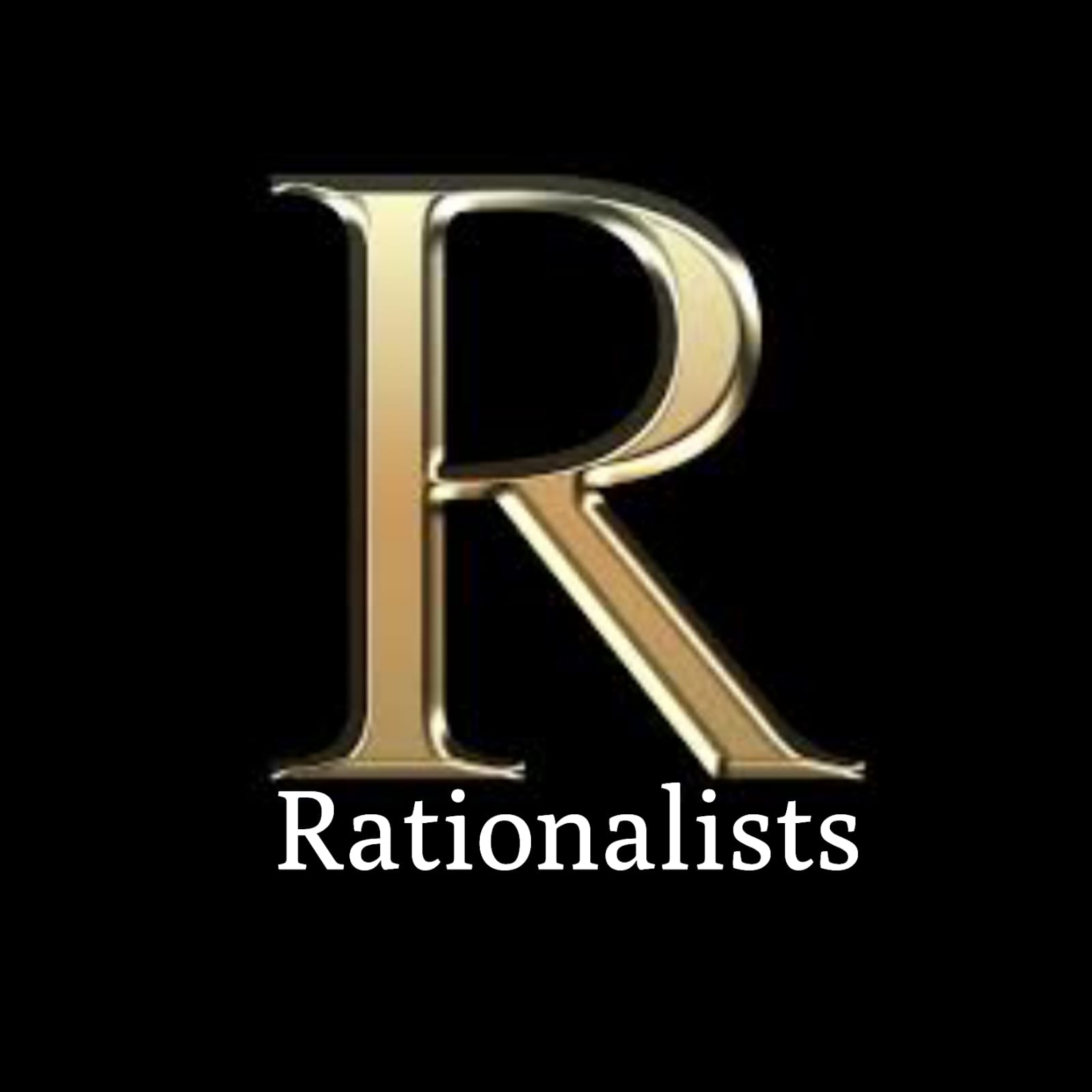EU states can ban religious symbols in public workplaces
- Rationalist International

- Dec 5, 2023
- 2 min read

The European Union's top court has ruled that member states retain the authority to prevent their employees from displaying symbols of religious affiliation in the workplace. This decision by the Court of Justice (ECJ) followed a case involving a Belgian woman who claimed her local municipality violated her religious freedom by prohibiting her from wearing a hijab while working.
The ECJ stressed that such measures should be confined to what is strictly necessary, underscoring the delicate balance between religious expression and workplace regulations. The contentious issue of the Islamic headscarf has been a long-standing divisive topic across Europe. In a 2021 ruling, the court upheld the termination of employment for women who refused to remove their hijabs, particularly in public-facing roles.
The recent case emerged when a Muslim employee in the eastern Belgian municipality of Ans, despite not having a public-facing position as the head of an office, was instructed not to wear a headscarf at work. Subsequently, she contested this directive through legal channels.
In response, the municipality revised its employment terms, mandating strict neutrality that prohibits any form of proselytizing and the display of overt signs indicating religious or ideological affiliations among all employees. Addressing the matter, the Labour Court in Liège raised concerns about potential discrimination under EU law due to the municipality's imposition of strict neutrality.
The ECJ clarified that member state authorities possess a degree of discretion in defining the level of neutrality they wish to uphold within their institutions. It emphasised that while one public administration might opt to allow visible signs of political, philosophical, or religious beliefs, it is within their jurisdiction to do so.
France, in particular, has taken a stringent stance on religious symbols in state establishments, banning the display of "conspicuous" religious symbols in schools and government buildings since 2004. Recently, the country's Education Minister announced plans to prohibit the wearing of abayas, full-length robes worn by some Muslim women, in state schools due to their increasing presence and ensuing political debates.
This move has triggered a divide, with right-wing parties advocating for the ban while left-leaning voices express concerns about the rights of Muslim women and girls. The ongoing debates highlights the complexities and divergent opinions surrounding religious symbols within public spaces in Europe.




Comments